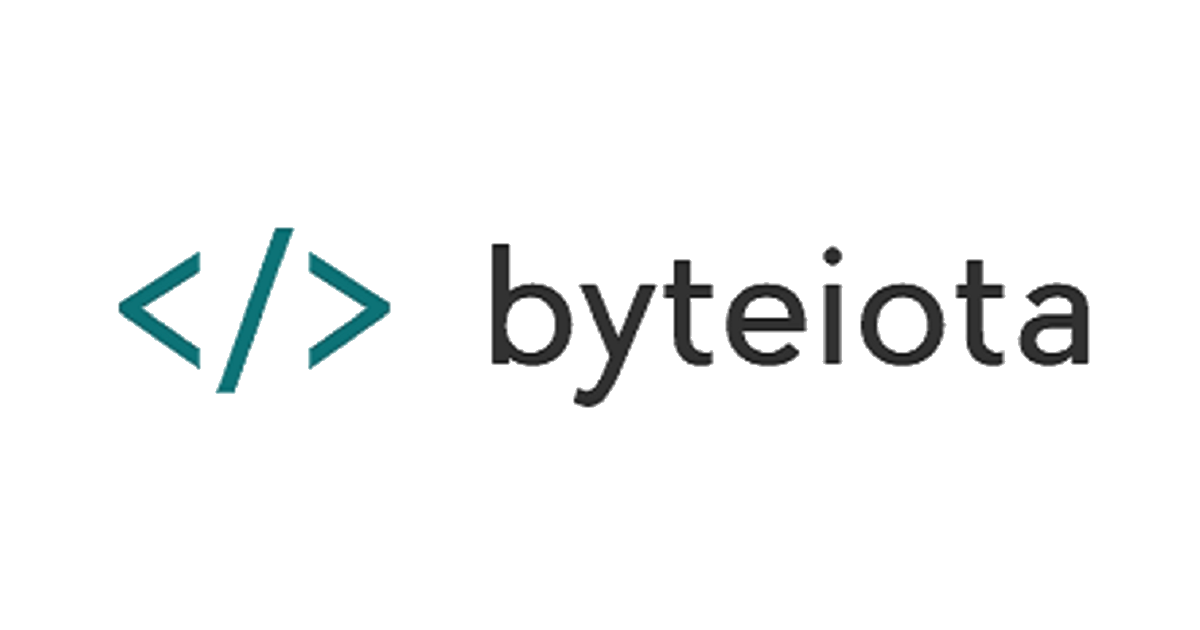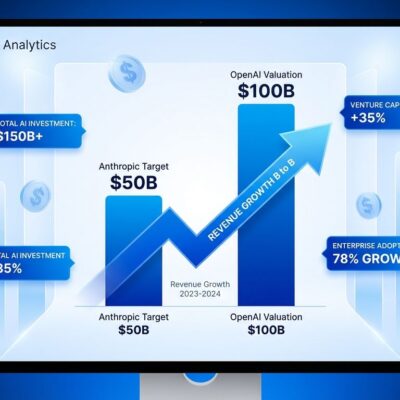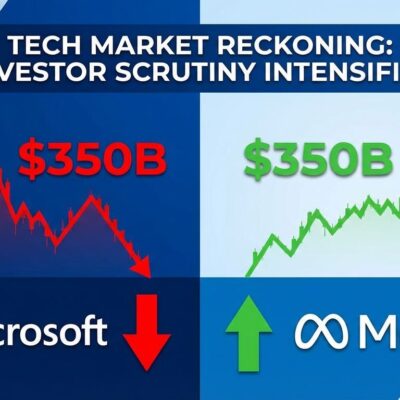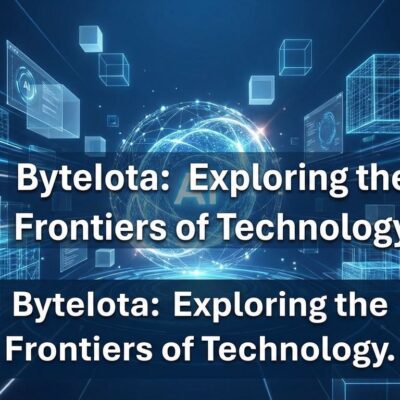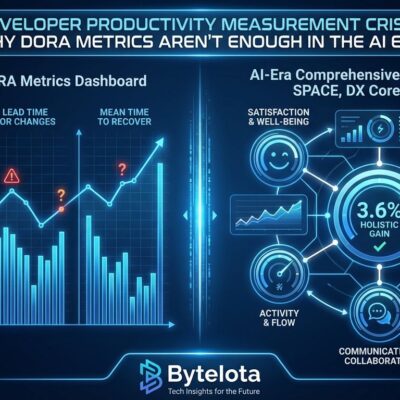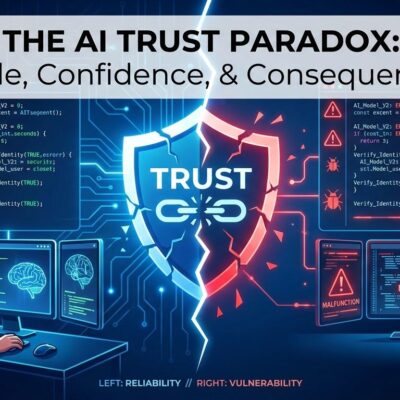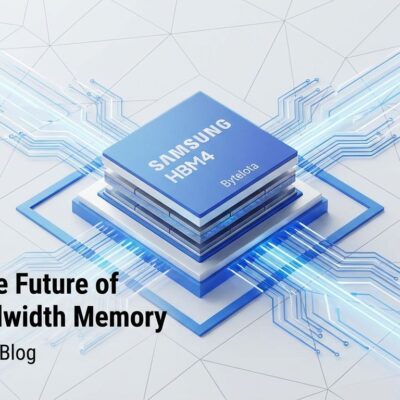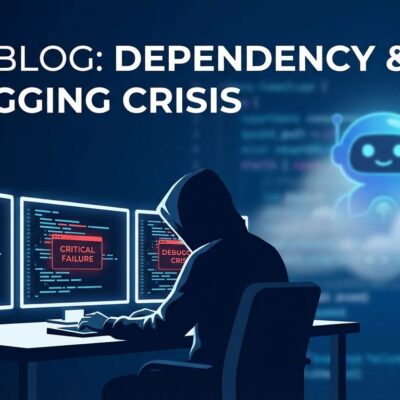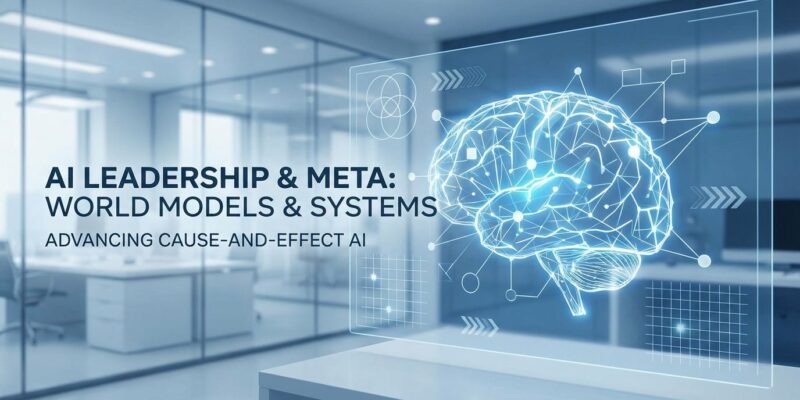
Yann LeCun, Meta’s chief AI scientist and founder of the company’s Fundamental AI Research (FAIR) division, announced Wednesday that he’s leaving Meta after 12 years to launch his own AI startup focused on “world models” — AI systems that understand physics and cause-and-effect rather than just text prediction. The departure of the Turing Award winner, one of the “godfathers of AI,” comes amid months of upheaval at Meta’s AI unit: the company’s Llama 4 model disappointed developers, prompting Meta to lay off 600 employees from its Superintelligence Labs in October, including staff from the very FAIR division LeCun founded.
The Meta AI Crisis
LeCun’s departure isn’t isolated — it’s the culmination of a rough year for Meta AI. Llama 4, released earlier this year, drew harsh criticism from the research community for its rushed release, lack of transparency, and failure to keep pace with open-source competitors like China’s DeepSeek. In October, Meta laid off 600 employees from Superintelligence Labs, hitting FAIR particularly hard. Sources say those layoffs “played a major role in LeCun’s decision to leave.”
The writing was on the wall back in April, when some insiders told Fortune that FAIR was “dying a slow death.” LeCun defended his division then, calling it “a new beginning.” Now, seven months later, he’s out the door.
Add to that June’s bombshell: Mark Zuckerberg paid $14.3 billion for a 49% stake in Scale AI and hired its 28-year-old CEO, Alexandr Wang, as Meta’s new chief AI officer. Wang announced “disruptive” restructuring and proceeded to cut those 600 positions, justifying it by saying “fewer conversations will be required to make a decision.” The message was clear: product-focused AI wins, fundamental research takes a back seat.
Losing a Legend
Losing LeCun is more than losing an employee — it’s losing the soul of Meta’s AI research. The 65-year-old French-American computer scientist won the 2018 Turing Award alongside Geoffrey Hinton and Yoshua Bengio for pioneering convolutional neural networks (CNNs) in the 1980s. His CNN system at Bell Labs once read more than 10% of all checks written in the US. When he joined Facebook (now Meta) in 2013, he founded FAIR and shaped the company’s AI research direction for over a decade while maintaining his professorship at NYU.
LeCun joins a growing exodus of AI legends leaving big tech. Geoffrey Hinton left Google in 2023 to warn about AI risks. Ilya Sutskever left OpenAI in 2024. Now LeCun. The pattern is clear: the founding generation of deep learning is cashing out or moving on, leaving the next chapter to younger, product-focused leaders like Wang and OpenAI’s Sam Altman.
The World Models Bet
So what’s LeCun building? His startup will focus on “world models” — a fundamentally different approach to AI than the large language models (LLMs) dominating the industry today. While LLMs like GPT-4 and Llama predict the next word in a sequence, world models simulate physical reality. They understand gravity, momentum, cause-and-effect. They can mentally simulate “what happens if I push this object?” before acting.
LeCun has been blunt about his skepticism of the LLM-first approach. “We’re never going to get to human-level intelligence by just training on text,” he’s said. His research program, which he calls AMI (Advanced Machine Intelligence), focuses on teaching AI systems to build internal models of how the world works — not just how language works.
This is a contrarian bet. While OpenAI, Google, and Meta itself pour billions into ever-larger language models, LeCun is arguing the entire industry is barking up the wrong tree. MIT and Harvard researchers have backed him up to some extent: their studies show that as tasks get more complex, LLMs’ ability to develop true world models “faded fast.”
Other companies are exploring world models too — Google DeepMind, Nvidia, and Tencent among them — but LeCun’s startup represents the most high-profile bet that this, not LLMs, is the future of AI.
What Happens Now?
LeCun will depart at year’s end and is already raising capital for his venture. In an unusual arrangement, his startup will partner with Meta even as he leaves — a way for Meta to hedge its bets without committing internal resources to a speculative research direction.
That leaves Meta with some uncomfortable questions. What happens to FAIR without its founder? Who leads fundamental AI research now that the 65-year-old Turing winner is gone and the 28-year-old CEO of a data labeling company is running the show? Will Llama 5 and beyond succeed where Llama 4 stumbled, or is Meta falling behind OpenAI and Google for good?
Meta is hemorrhaging AI talent at precisely the wrong moment. The AI race is intensifying, and the company just lost one of its most credible voices. If world models prove to be the next paradigm in AI — and that’s a big if, given the computational challenges — Meta will look foolish for betting everything on LLMs while LeCun, working just outside the building, pioneers the future.
Then again, if world models remain a decade away from practical application, Wang’s product-focused bet might vindicate Zuckerberg’s $14.3 billion gamble. Either way, Meta AI won’t be the same without the man who built it.
